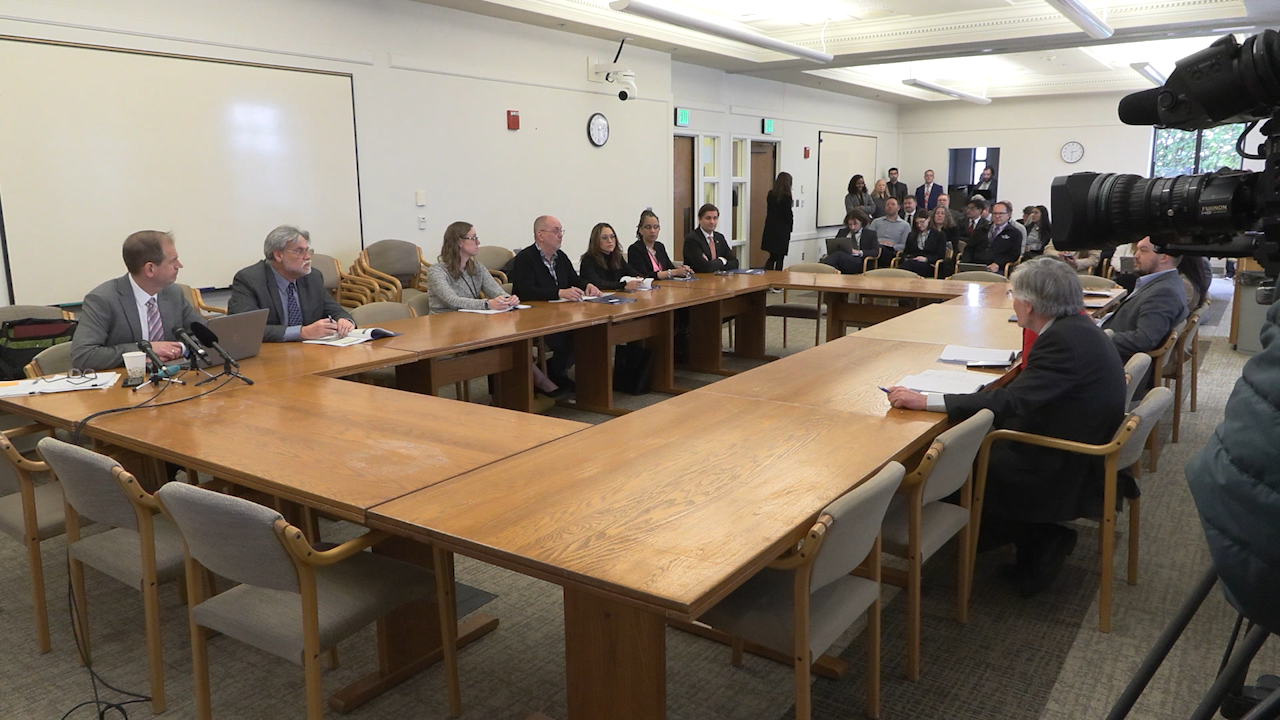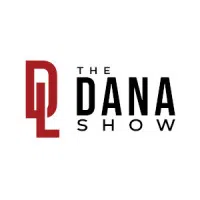OLYMPIA, Wash. – State economists forecast Washington will bring in more revenue over the next four years, but challenges still persist as lawmakers attempt to pass a balanced budget before the legislative session ends in April.
“Our revenue growth has been slow. Kind of slower than you’d expect given the economic situation,” said Dave Reich, Washington’s chief economist.
At a meeting of the state Economic and Revenue Forecast Council Tuesday afternoon, he said that slowing in growth is largely connected to the pandemic and its aftermath changing consumer spending behaviors like people avoiding large purchases.
“The pandemic isn’t done with us,” Reich said. “Some of the revenues are likely being impacted still by the pandemic, which is the reason why we had high inflation and high interest rates.”
State economists project Washington will get about $71 billion in revenue over the next two years, down about half a billion dollars from their last forecast in November. In the 2027-29 biennium, the state is forecasted to bring in about $76.4 billion, which is also slightly down from the November projection.
Reich, the executive director of the council, said the reason for the change in forecast was due to lowered expectations for revenues from sales taxes, business taxes and interest income from state accounts. Though he said higher forecasts for estate tax and capital gains revenues did offset those downward changes.
To put the 2025-27 forecast in perspective, the supplemental budget for the past two years was $72 billion. Budget leaders have previously said the state will need to pay more money moving forward to maintain current levels of services and programs.
Under state law, lawmakers must balance the budget over a four-year period. Before Tuesday’s presentation, Gov. Bob Ferguson (D) had pegged the state’s four-year deficit at $15 billion.
Republican budget writer Sen. Chris Gildon of Puyallup said the revenue forecast confirms legislators should limit spending and avoid implementing new taxes.
“Legislative budget writers should take heed and show restraint going forward, especially with the uncertainty about actions at the federal level that could affect our situation,” he said in a statement.
On the other hand, Democratic budget leaders said they expected the slight decline in the forecast, highlighting the need for new sources of revenue.
“Let’s be crystal clear: Our focus is on maintaining food, shelter, and health for Washington residents,” said Rep. Timm Ormsby, D-Spokane, in a statement. “When we ask for revenue, it’s because it’s necessary to keep people alive.”
Reich said Washington should be able to shake off slowing revenue growth in the future, but decisions from Washington D.C. could complicate things in a way that is hard to predict.
“We expect to come out of that in the next six to twelve months,” he said. “But I would say the picture is clouded a little bit by some of the current changes that we’ve seen. And by that I mean tariffs, the changes in federal employment and federal funding. So that’s a risk factor in our forecast going forward.”
Senate Republicans released a budget proposal last week which relies on reduced spending to balance the budget.
Democrats in the House and Senate said they will release their proposals on March 24, which are expected to include new taxes on the wealthy to bring in more revenue.
Albert James is a television reporter covering state government as part of the Murrow News Fellowship program – a collaborative effort between news outlets statewide and Washington State University
COPYRIGHT 2025 BY KXLY. ALL RIGHTS RESERVED. THIS MATERIAL MAY NOT BE PUBLISHED, BROADCAST, REWRITTEN OR REDISTRIBUTED.


